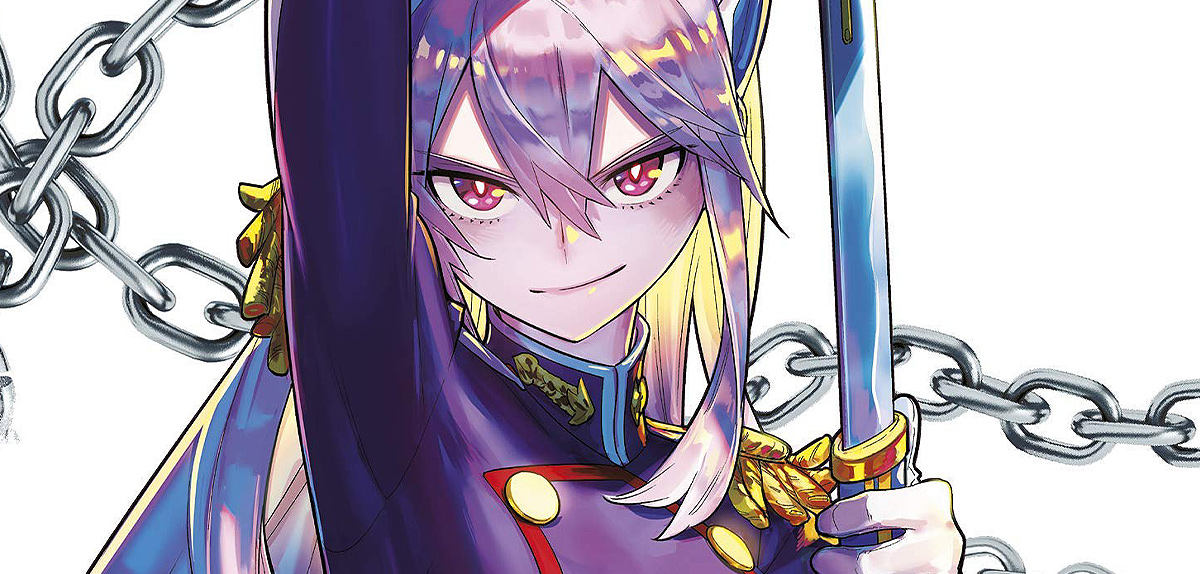Muichiro punishment manga: Yo, what’s up, Demon Slayer fans? This ain’t your average fan fiction; we’re diving deep into the harsh realities and emotional weight of Muichiro Tokito’s experiences with punishment in the manga. We’re talking about the consequences he faces, how he handles them, and how it all shapes his awesome, yet tragic, character arc. Get ready for some serious analysis of his growth, his struggles, and the impact of mentorship (or lack thereof) on his journey.
We’ll break down the different types of punishment he endures, from external pressures to his own harsh self-criticism. We’ll analyze the visual storytelling, exploring how the manga uses imagery to convey the emotional toll. Plus, we’ll compare his reactions to those of other characters, showing how unique his experience truly is. Prepare for some intense discussions about themes, symbolism, and the overall impact of punishment on Muichiro’s story.
It’s gonna be epic.
Muichiro Tokito: A Brooding Mist and the Weight of Punishment: Muichiro Punishment Manga
Yo, what’s up, Demon Slayer fans? Let’s dive deep into the super-chill, yet emotionally complex world of Muichiro Tokito. This ain’t your typical happy-go-lucky shonen protagonist; this dude’s got layers, man, serious layers. We’re gonna break down how punishment, both self-inflicted and externally imposed, shaped his journey and made him the badass Mist Hashira we all know and love (or, you know, respect from a safe distance).
Muichiro Tokito’s Character Arc and Punishment
Muichiro starts off as, like, a total enigma. He’s super strong, but emotionally stunted, a total brooder. He’s got this air of detached coolness, but underneath it all, there’s a ton of hidden pain and a struggle to connect with others. The manga shows us his journey from a practically emotionless kid to a more empathetic, albeit still reserved, Hashira.
Key moments of punishment—whether it’s the harsh training under his brother or the consequences of his own impulsive actions in battle—force him to confront his weaknesses and grow.
Punishment in Muichiro’s Storyline
Muichiro doesn’t get a whole lot of, like, official punishments, but the pressure he faces is intense. It’s not your typical “get detention” scenario. His “punishment” often comes in the form of intense physical and mental challenges, pushing him to his absolute limits. The emotional toll is way heavier than any physical beating.
| Type of Punishment | Context | Emotional Impact | Consequences |
|---|---|---|---|
| Rigorous Training | Under his brother, pushing his physical and mental limits. | Overwhelming exhaustion, emotional suppression. | Development of incredible strength and speed, but also emotional detachment. |
| Witnessing Loss | Seeing comrades die in battle. | Intense grief and self-doubt. | Temporary loss of resolve, later fueling his determination. |
| Self-imposed Pressure | The constant need to be the best, the fear of failure. | Overwhelming anxiety and self-criticism. | Driven performance, but at the cost of mental well-being. |
| Near-Death Experiences | Multiple battles pushing him to his breaking point. | Confrontation with his own mortality. | Increased appreciation for life and those around him. |
Mentorship and Guidance in Avoiding Punishment
While Muichiro’s mentorship isn’t exactly the warm and fuzzy kind, it’s undeniably effective. His brother’s tough-love approach, while brutal, pushed Muichiro to become stronger. Other Hashira, while not directly mentoring him, offer him support through their actions and example. Their presence demonstrates the value of perseverance and the importance of teamwork, indirectly helping him avoid the consequences of recklessness or inaction.
Thematic Significance of Punishment in Muichiro’s Narrative, Muichiro punishment manga
Muichiro’s story highlights the complexities of growth and the different forms that punishment can take. It’s not just about physical consequences; it’s about the internal battles he fights, the emotional toll of loss and responsibility, and the constant pressure to live up to expectations. The manga explores how even harsh experiences can forge strength and resilience. The overall narrative uses punishment to underscore the themes of perseverance, emotional growth, and the price of strength.
When investigating detailed guidance, check out boruto manga blue vortex now.
A visual representation could be a stylized depiction of a misty mountain path, winding upwards towards a peak representing mastery. The path is strewn with obstacles representing challenges and punishments, but the overall image emphasizes the journey’s eventual triumph and the strength gained through overcoming adversity.
Muichiro’s Internal Conflicts and Self-Punishment
Muichiro’s self-criticism is intense, dude. He constantly pushes himself to the brink, beating himself up for perceived failures, and holding himself to impossibly high standards. This self-punishment stems from his deep-seated insecurity and his desire to protect those he cares about. He’s afraid of being weak, of letting others down. This internal conflict significantly impacts his mental health, leading to a perpetual cycle of self-doubt and extreme self-discipline.
- Constantly pushing himself beyond his physical limits.
- Berating himself for any perceived weakness or failure.
- Suppressing his emotions to maintain a facade of strength.
- Ignoring his own injuries and needs in favor of the mission.
- Internalizing blame for any loss or setback.
So, yeah, Muichiro’s journey isn’t all sunshine and rainbows. His story showcases the complex interplay between punishment, mentorship, and internal struggles. Understanding how he navigates these challenges provides a deeper appreciation for his character and the overall narrative. From the harsh realities of his training to his own self-imposed punishments, Muichiro’s story reminds us that even the strongest characters have to face consequences and overcome adversity.
It’s a wild ride, and honestly, a pretty important one to understand the character’s development.

